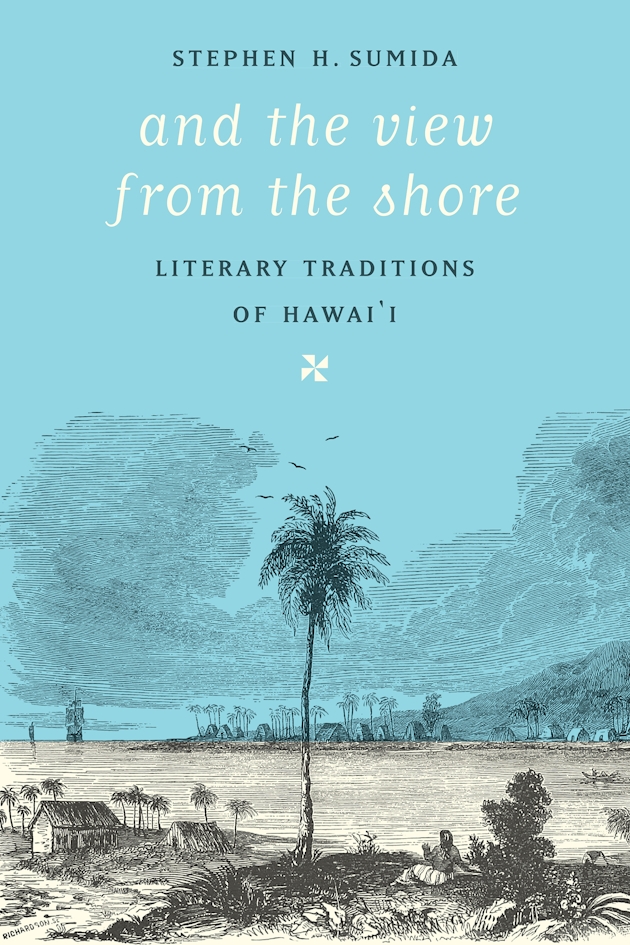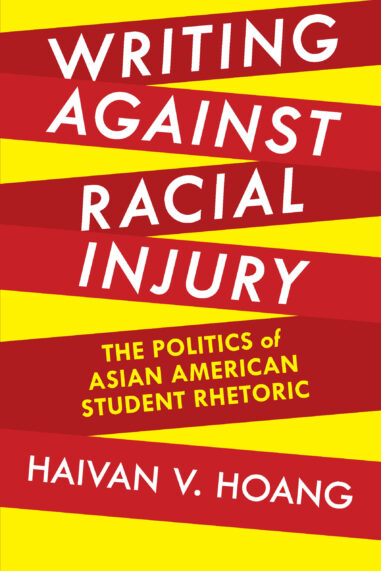

May is Asian American and Pacific Islander Heritage Month! Below, find resources in the TJ library collection which celebrate and honor the history and contributions of people of AAPI heritage in America.
Clicking on each title will take you to the catalog record. E-book access links are on the left side of the screen. Call numbers for print books are towards the bottom of the record. For assistance with locating print books on the shelf, please ask the library front desk.
Eleanor Ty's bold exploration of literature, plays, and film reveals how young Asian Americans and Asian Canadians have struggled with the ethos of self-sacrifice preached by their parents. This new generation's narratives focus on protagonists disenchanted with their daily lives.
Tells the little-known history of Asian Americans and their role in American life, from the arrival of the first Asians in the Americas to the present day.
These nine original artist interviews, cutting-edge visual artworks, and seven critical essays explore contemporary currents and experiences within Asian American art, including the multiple axes of race and identity, queer bodies and forms, kinship and affect, and digital identities and performances.
10 Asian American educators and scholars present realistic pictures of America's higher education using personal narratives. The contributors in this book come from different regions and teach in different colleges and universities; and coincidentally, they all endure the "outsider" category formerly as students and now as professors and leaders.
Vivek Bald's meticulous reconstruction reveals a lost history of South Asian sojourning and life-making in the United States. At a time when Asian immigrants were vilified and criminalized, Bengali Muslims quietly became part of some of America's most iconic neighborhoods of color, from Tremé in New Orleans to Detroit's Black Bottom, from West Baltimore to Harlem.
An intimate and poignant graphic novel portraying one family's journey from war-torn Vietnam, from debut author Thi Bui. This beautifully illustrated and emotional story is an evocative memoir about the search for a better future and a longing for the past.
Considers topics including the politics of visibility, histories of Asian American participation in women of color political formations, accountability for Asian American "settler complicities" and cross-racial solidarities, and Asian American community-based strategies against state violence as shaped by and tied to women of color feminisms.
Reexamines the history of imprisonment of U.S. and Canadian citizens of Japanese descent during World War II. Drawing on interviews and untapped archival materials--regarding politicians Norman Mineta and Warren Furutani, sociologist Tamotsu Shibutani, and Canadian activists Art Miki and Mary Kitagawa, among others--Inouye considers the experiences of former wartime prisoners and their on-going involvement in large-scale educational and legislative efforts.
The Filipino story demonstrates how immigration is changing the way people negotiate race, particularly in cities like Los Angeles where Latinos and Asians now constitute a collective majority. Amplifying their voices, Ocampo illustrates how second-generation Filipino Americans' racial identities change depending on the communities they grow up in, the schools they attend, and the people they befriend.
Drawing on more than 250 interviews with survivors across the United States as well as in France and Cambodia, Khatharya Um places these accounts in conversation with studies of comparative revolutions, totalitarianism, transnationalism, and memory works to illuminate the pathology of power as well as the impact of auto-genocide on individual and collective healing.
While focusing on racial impersonations in mainstream film and television, Indian Accents also amplifies the work of South Asian American actors who push back against brown voice performances, showing how strategic use of accent can expand and challenge such narrow stereotypes.

The American expression of Asianness is defined as doubly inauthentic--as insufficiently Asian and unreliably American when measured against a largely ideological if not entirely political standard of authentic Asia and America. By exploring the other side of what is prescriptively understood as proper Asian gastronomy, Ku suggests that Asian cultural expressions occurring in places such as Los Angeles, Honolulu, New York City, and even Baton Rouge are no less critical to understanding the meaning of Asian food--and, by extension, Asian people--than culinary expressions that took place in Tokyo, Seoul, and Shanghai centuries ago.
Henry Park's harsh Korean upbringing has taught him to hide his emotions, to remember everything he learns, and most of all to feel an overwhelming sense of alienation. In other words, it has shaped him as a natural spy. But the very attributes that help him to excel in his profession put a strain on his marriage to his American wife and stand in the way of his coming to terms with his young son's death. When he is assigned to spy on a rising Korean-American politician, his very identity is tested, and he must figure out who he is amid not only the conflicts within himself but also within the ethnic and political tensions of the New York City streets.
A survey of U.S. history from its beginnings to the present, American History Unbound reveals our past through the lens of Asian American and Pacific Islander history.
Looks to cinematic history to reveal the dynamic ways Asian American men, from Bruce Lee to Long Duk Dong, create and claim a variety of masculinities. Representations of love, romance, desire, and lovemaking show how Asian American men fashion manhoods that negotiate the dynamics of self and other, expanding our ideas of sexuality.
A letter from a son to a mother who cannot read. Written when the speaker, Little Dog, is in his late twenties, the letter unearths a family's history that began before he was born -- a history whose epicenter is rooted in Vietnam -- and serves as a doorway into parts of his life his mother has never known, all of it leading to an unforgettable revelation.
Salam examines how second generation South Asian Americans assimilate by analyzing their family experiences, their structural circumstances and their adult life choice through the lens of arranged marriage. Contrary to popular assumptions about South Asians, the subjects of this study are not bound by the traditions of arranged marriage, but rather their experiences reflect a great deal of variation, negotiation, compromise and a nuanced understanding of "tradition."

This groundbreaking study of a little-explored branch of American literature both chronicles and reinterprets the variety of patterns found within Hawaii's pastoral and heroic literary traditions, and is unprecedented in its scope and theme.
Shines a light on the hybrid and indeterminate aspects of race, revealing ambiguity to be paramount to a more nuanced understanding both of race and of what it means to be Asian American. Exploring a variety of subjects and cultural artifacts, Ho reveals how Asian American subjects evince a deep racial ambiguity that unmoors the concept of race from any fixed or finite understanding.

Recalls the story of Asian American student rhetoric at the site of language and literacy education in post-1960s California.